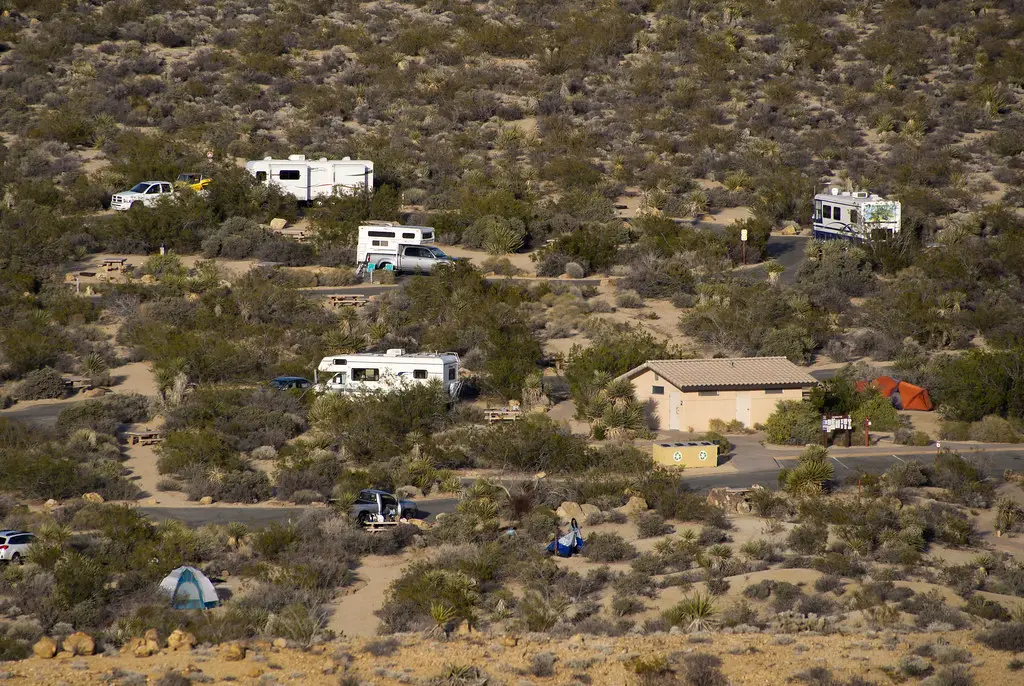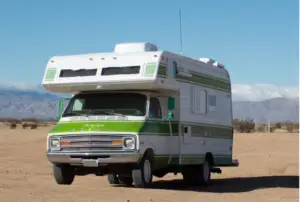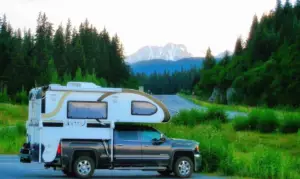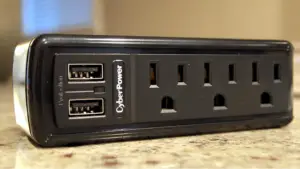Deciding on the acreage for a Recreational vehicle (RV) park needs a lot of thought. Mainly, your liquid capital determines how far you should go.
However, a few other factors, like the capacity that’ll make your business profitable and the municipal permit requirements, come into play.
Despite the strict regulations and the financial capability you need, rest assured that setting up a recreational vehicle park would be a worthy investment.
Most RV parks are either franchised or privately owned. The latter can weigh much for your pockets since it’s throwing your hat in the ring with more established owners in this business.
However, that’s not to say that it’s impossible as long as you can set up one. Franchise RV parks are much more seamless to establish due to the financial shove you get.
This article offers insight into the best acreage an RV park requires to make this investment worth your while.
Average Size of an RV Park
Over 13,000 privately owned recreational parks exist across the country, each having varied sizes and capacities. However, the average size for most RV parks is usually about five acres, but most parks fall short of that while a few go beyond.
Most private recreational vehicle park owners limit their RV park sizes to their financial capability and would hardly invest big. Conversely, franchise RV parks usually support profoundly, and such parks may be a few more acres, reaching more than 12 acres.
The size of a recreational vehicle park may vary depending on the amenities needed. Most RV parks’ parking spaces measure 20 feet wide by 40 feet long, but the length usually varies in some states.
This space includes playgrounds, sewers, convenient storage, and other essential, permanent facilities.
The more these amenities are available, the more expansive the room should be. However, some parks can be huge but have fewer RV parking spaces.
In such cases, the rooms would be more significant and accommodating. Parks having numerous amenities should be more expansive to make RV parking more comfortable.
Keep in mind that no state has a minimum limit for recreational parking per acre but may suggest a maximum number, so it’s good to be more vigilant.
How Many Acres are Needed for Building a RV Park?
Some states limit the size of building an RV park to 15 acres. However, others have much lower limits.
Nevada State, for instance, limits the acreage to only about 12 acres. Some State cities like Canon in Colorado require a minimum of three acres to set up an RV park. Others have no restrictions, and private RV park owners have the liberty to choose the best fitting sizes to keep them financially solvent.
Any size can be ideal for setting up an RV park. However, that depends on your local area’s limitations and restrictions in determining the maximum acreage needed.
If you’re partnering with franchises, your capacity increases, and setting up the maximum size, your state permits, is quite a breeze. A single acre can be a perfect start for private RV park owners with limited financial capital and land.
You might want to expand later as your business becomes more profitable. So it’s usually best to designate your space to enable you to add more RV parking spaces.
You might also project your expansion from the existing demand for RV parking spaces. Most RV park owners start small, perhaps with an acre, before expanding.
Therefore, it’s best to set aside a few more acres If you’re starting small. For one-acre RV park owners, it’s best to set up parking on more expansive land. Afterward, merging them can be pretty easy if you want to expand later. It’d be best to acquire the maximum possible acreage in your state if you’re a franchise RV park owner.
How Many RVs Can Fit in an Acre?
The United States requires that RV park owners set up at least 15 RV parks on an acre of land. However, this restriction works on the federal level, and states have the authority to decide these numbers.
Some states work within the RV parking federal laws, while others designate separate rules to govern this space.
Remember that recreational parks have their demands, and it’s good to fill them up if you want to create a lucrative business. People despise tight RV parking spaces and will often prefer a more expansive one than a tight spot.
Therefore, it’s best to include at least ten to fifteen RV parking spaces on an acre with minimum 20-feet-wide and 40-feet-long sizes. This size should accommodate the amenities needed and, if possible, green spaces for family fun.
Remember that it’s still possible to make a killing out of this business with tight RV parking spaces. Nevertheless, it’s a gamble if the demands aren’t so high and your competitors offer more competitive charges.
RVers usually gravitate towards where they’ll find the value for their money. Therefore, your approach to planning and executing should be user-focused to get a hold of the market.
The law is incredibly malleable, and it’s usually best to be in the loop on changing RV parking restrictions. States usually legislate on these parking spaces, and the federal level laws only offer a guideline.
You might also want to check the City laws within these states to help determine the acreage you should use. Some large cities usually modify the state law while keeping the requirements for setting up an RV park.
Conclusion
Your starting capital, including land and finances, will determine the acres you need to set up a private RV park. Nonetheless, the sky should only be the limit for franchise RV park owners because you usually have an unlimited financial shove.
The average size for setting up an RV park is five acres, but most states limit it to a 15-acre maximum. Cities like Canon in Colorado require a minimum of three acres to set up an RV park, while others don’t.
All the same, it’s always best to do your due diligence before settling on the RV parking business.




